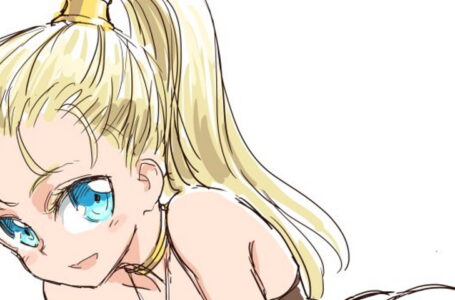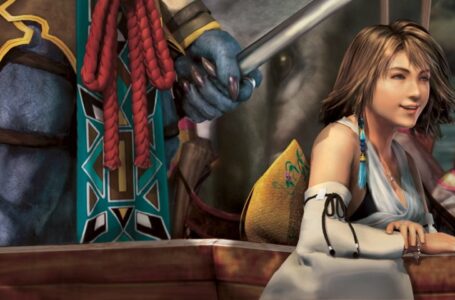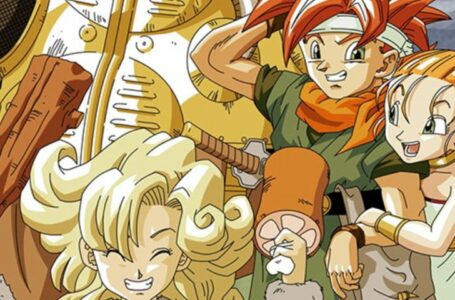Chrono Trigger and the Impact of Choice
Chrono Trigger is a game that is included in (almost) every reputable list of JRPG classics. The 1995 SNES game broke many barriers and brought numerous innovations to not only the genre but also to what sort of stories video games could tell. So much can be said about how it brought us things like New Game+ and different endings and what music was possible on a cartridge, but with the 25th anniversary of the Western release approaching in the next few months, I want to focus on why the story of Chrono Trigger works so well.
The success of the narrative is because of something set up in the first few hours of gameplay.
An Exploration of Consequences
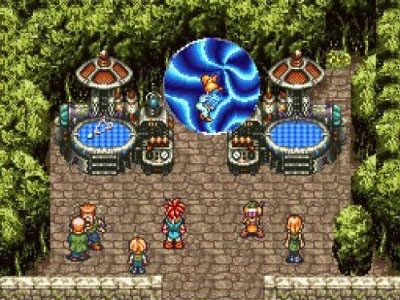
Any fiction involving time travel revolves around consequences. From Marty McFly accidentally erasing his own existence to Trunks giving Cell a path to his perfect form, time travel is about making mistakes and trying to fix them. It is about the smallest impact changing the future in countless unimaginable ways.
Chrono Trigger has several moments like this throughout the game. From reviving a dead forest to restoring hope in a bleak future, the impact of what you do can be felt rippling through a story that spans entire epochs.
But none of that matters if the players don’t feel like their decisions have weight.
Before you ever get the chance to save Marle from her own McFly-esque non-existence, you get to explore the Millennial Fair to your hearts content. There are games, races, drinking contests and dancing, but more importantly, there are choices.
Chrono Trigger and Choices
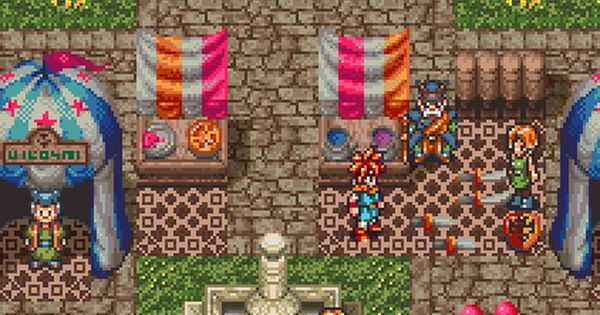
As you wander around the Millennial Fair, you have the chance to take part in several small events. You can fight a giant cat-bot. You can see spooky show in a dark tent. You can dance the night away with some people dressed up as cavemen. But there are other events scattered around that the player might not realise are important until it is too late.
Upon entering the north half of the fair, a bell rings ominously as a young woman collides with Crono. A necklace flies off and lands nearby. The player must choose if they will talk to the woman, named Marle, or if they will pick up the necklace. Talking to her first leads her to wondering where her necklace went despite it being visible just feet from her (clearly her poor eyesight is what led to the accident) and picking it up before you check on her well-being leads to her asking for it back. Either way, you return the necklace and carry on about your business.
Later, you are asked to convince Marle to sell this necklace to a weaponsmith visiting for the fair. Whether you agree to do so or not, the weaponsmith decides it is too important for him to buy anyway. You get the chance to help a little girl find her lost kitten and you can help yourself to an old man’s lunch. Your patience is tested as Marle takes her sweet time deciding on some candy to buy. For a player, particularly in 1995, these feel like small interactions that are cute but ultimately unimportant. These are digital characters in a digital world. What we do to or around them are ultimately without consequences, right?
The Fallout
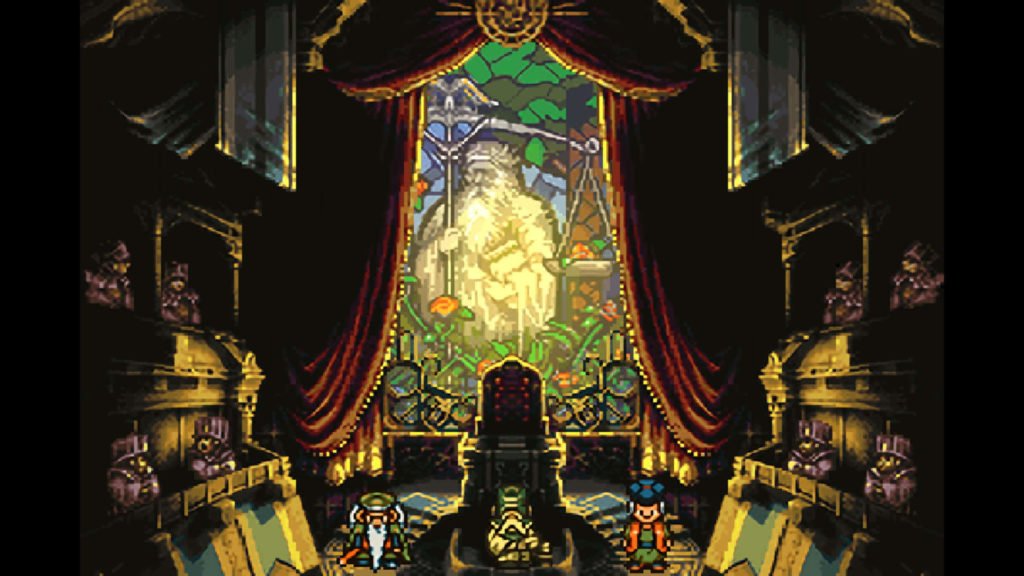
It isn’t until your first journey through time that all of your decisions during this time come back to bite you. Crono is put on trial for kidnapping the princess of the kingdom and his character is at the heart of the issue. Suddenly, the prosecution brings out witnesses to prove he is a terrible, fiendish person. Did you grab the necklace first or try to pawn it off at the first opportunity? Did you steal that old man’s lunch? Did you return that little girl’s kitten?
All of these seemingly innocent decisions suddenly get used to colour Crono’s character before a jury of his peers. His conviction or acquittal in this trial is determined by what you as the player did in the opening moments of the game.
What is so revolutionary about this isn’t that players could impact such an important part of the story. Ultimately, Crono is imprisoned regardless of what you chose. What this did was make the player suddenly feel the weight of all their decisions going forward. Every dialogue box suddenly feels like it has importance. Square understood that making players feel like this was crucial to the narrative they were creating, so they designed this early segment to reinforce the idea that this was a living world that the needed protecting and, in some cases, repairing.
The writers and developers of Chrono Trigger understood that to get players to take the big decisions seriously later in the game (such as if they will kill or recruit a certain broody wizard), they needed to feel like the little decisions were important too. Consequences happen. The world reacts to what the player does. Ultimately, Chrono Trigger is a better game for it.
Join The Discussion
Rice Digital Discord
Rice Digital Twitter
Rice Digital Facebook
Or write us a letter for the Rice Digital Friday Letters Page by clicking here!
Disclosure: Some links in this article may be affiliate links, which means we may earn a small commission if you make a purchase after clicking on them. This is at no additional cost to you and helps support Rice Digital!
- Six of the best Stands in JoJo’s Bizarre Adventure - June 2, 2023
- 4 of the best JRock tracks from May - June 1, 2023
- Hump Day Husbandos: Guts (Berserk) - May 31, 2023




